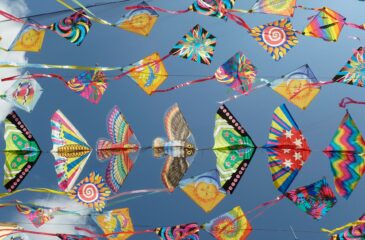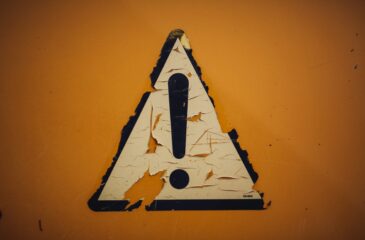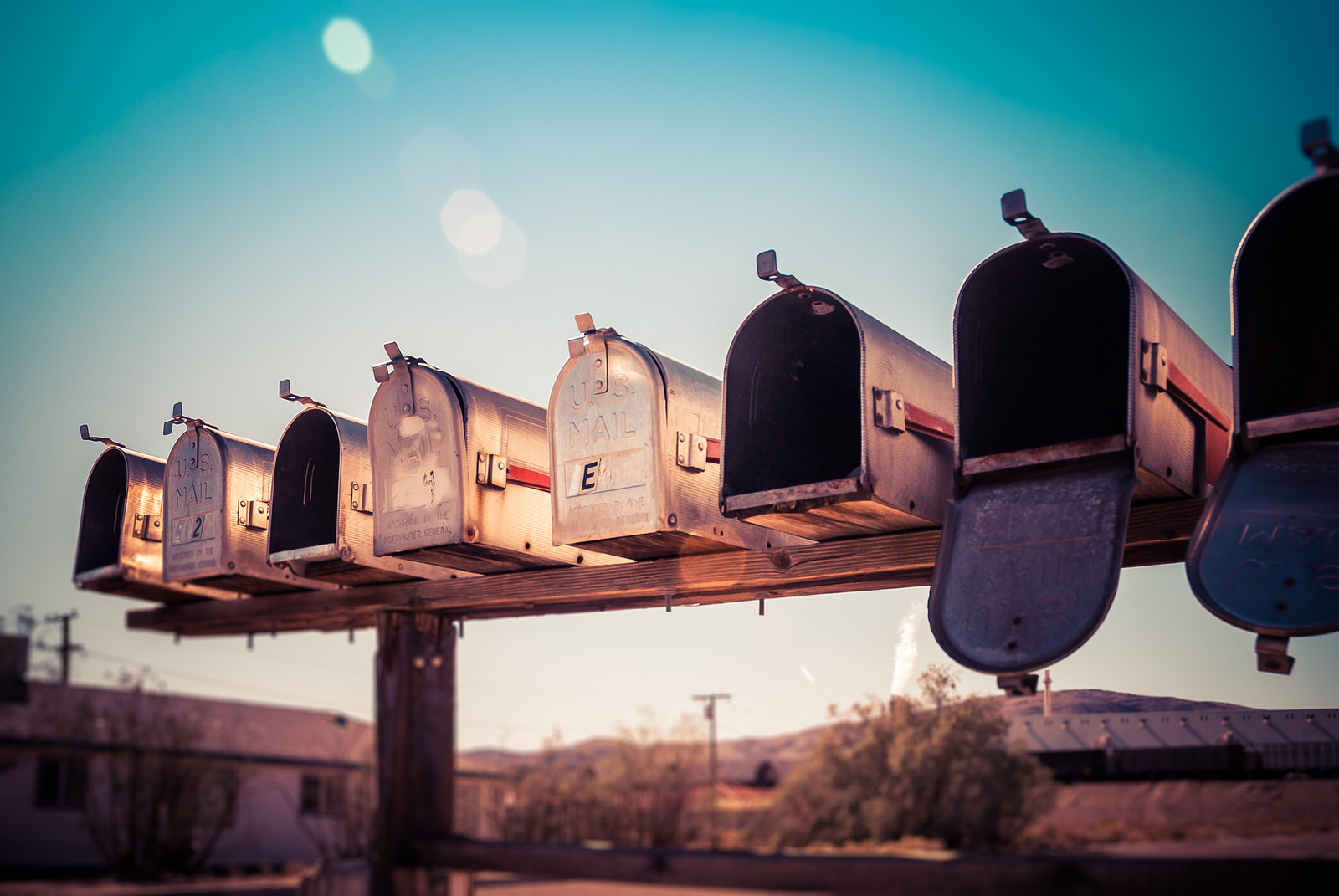Post Tagged with: "Copyright"
-
Fair use rights to conduct text and data mining and use artificial intelligence tools are essential for UC research and teaching
The UC Libraries strive to preserve fair use rights when licensing electronic resources—including the fair use rights to conduct computational research and incorporate artificial intelligence (AI) tools in academic studies and scholarship. Academic scholars like those on our campuses use licensed content for computational research, sometimes referred to as text and data mining, or TDM. As the electronic resource licensing landscape has evolved, there has been a concerning rise in publishers’ attempts to restrict fair uses, particularly for TDM and any use of AI tools in the process. Fair use restrictions on computational research and AI usage have deleterious effect: […]
-
Make your collected works openly available in eScholarship!
The UC OA policies have been helping authors make their work available online for over ten years, but what about publications that predate these policies? Authors with publication lists spanning many decades need additional tools to ensure that their collected works are publicly archived. They may have questions like “Where can I share these?” or “Is it a copyright problem to share them?” or even “I don’t have a copy, how do I find this?” There is now a toolkit on the OSC site to help authors work through these questions and more, with the goal of ultimately providing access […]
-
Images, Copyright, and the Future of Digital Publishing in the Arts
This article was first published in Refract: An Open Access Visual Studies Journal, in the special supplement “Imagining the Future of Digital Publishing.“ Publishing in many arts disciplines is enriched by, and may rely on, the use of images. Authors have long found the hurdles and the fees for using these images to be daunting, and the move to digital publishing can make this problem worse. Open access publishing can prove even more challenging. If scholarship in art history, art criticism, visual studies and other fields is going to thrive in a future where digital and open access publishing are […]
-
What to do when a journal acts unethically
There are thousands and thousands of academic journals in the world, and not all of them are great to work with. Some issues are fairly common, like delayed peer-review and publication or a lack of transparency. Once in a while, though, authors face problems with journals that go beyond the typical challenges of a journal that is low on staff or editors that are too busy. Here are a few examples of deceptive or problematic behavior that authors have encountered: Most authors are unprepared for conflicts like this because they’re rare; authors are used to their contacts at journals behaving […]
-
UC issues revised copyright ownership policy
The University of California Policy on Copyright Ownership has been revised for the first time since 1992. The revised policy reflects a long development process, starting with a working group study in 2013 and culminating in a recent round of full systemwide review. As described in its issuance letter, the revised policy aims to: Expand eligibility to own copyrights. The definition of “Academic Authors” in the revised policy is simplified and expands the pool of those eligible to own copyright. Among other things, it eliminates references to Academic Personnel Manual (APM) titles. Expand and clarify the pool of works eligible […]
-
New version of UC Copyright Ownership Policy open for review
[Editor’s note: this post is kept as an archive, but since the policy is no longer under review, some of the links go to pages that do not exist. For current UC policies, visit policy.ucop.edu.] The University of California’s Copyright Ownership Policy was last revised in 1992. A new draft policy is currently under systemwide review. All members of the UC community are encouraged to read the policy and accompanying information on the Academic Personnel and Programs site and submit any comments by December 15. As described in the cover letter from Provost Michael Brown, the proposed policy revisions aim to […]
-
A belated update on DMCA takedown notices
Back in 2014, the University of California got its first set of DMCA takedown notices for eScholarship, UC’s open access repository and publishing platform. I wrote about it here on the OSC blog, which you can check out if you want to see our tips for authors who want to avoid receiving a takedown notice (short version: post the right version of your article). I also said in that post that we’d report on any other notices that UC received for eScholarship, because we believe it’s important to be transparent about which publishers are using this procedure to target article […]
-
Redundancy is resistance: share your scholarship
Who has the right to make your scholarship available? Who is able to read it? And who can disappear it? If you haven’t given these questions much thought to date, it is worth having a fresh look as national conversations about the power of information—and the awful power of misinformation—continue to grow in prominence. It is a bleak testament to the importance of the academic enterprise that the ways in which scholarship is made and accessed are disputed territory in the campaign against facts.
-
Rocking out to fair use
Is using someone else’s copyrighted work always unlawful? Absolutely not. There are many circumstances where reproducing someone else’s copyrighted work is fair – more specifically, “fair use.” Examples of fair use include providing commentary, news reporting, academic research and scholarship, and even search engine interaction with copyrighted content. Academic libraries across the United States and Canada are celebrating Fair Use/Fair Dealing Week 2017 this third full week of February. How will you be taking part in the celebration? We at UCLA Library will be literally rocking out to a fair use performance of video game music as we close out […]
-
My dissertation is online! Wait – my dissertation is online!? Copyright & your magnum opus
You’ve worked painstakingly for years (we won’t let on how many) on your magnum opus: your dissertation—the scholarly key to completing your graduate degree, securing a possible first book deal, and making inroads toward faculty status somewhere. Then, as you are about to submit your pièce de résistance through ProQuest’s online administration system, you are confronted with the realization that—for students at many institutions—your dissertation is about to be made available open access online to readers all over the world (hurrah! and gulp). Because your dissertation will be openly available online, there are many questions you need to address—both about […]









